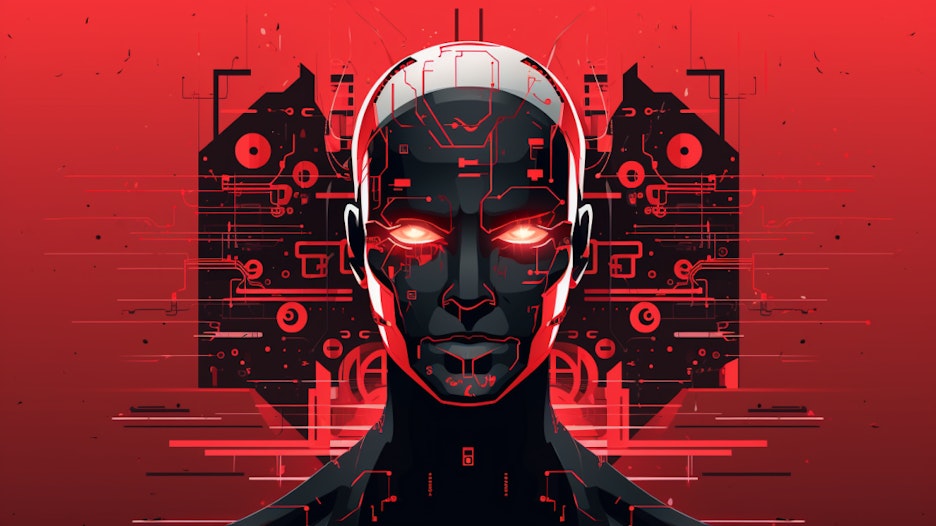News - Deepfakes: beware of AI videos promising you free crypto
By
Deepfakes: beware of AI videos promising you free crypto
More and more videos supposedly giving away Bitcoin are circulating. Michael Saylor alone has 80 AI-generated videos deleted daily.
Scan the QR code and receive a Bitcoin: Sounds too good to be true - and it is. Videos in which celebrities such as Michael Saylor, Vitalik Buterin and Elon Musk give out alleged crypto giveaways are becoming increasingly common on YouTube, but they are fake. Advances in artificial intelligence are making such videos look increasingly authentic. Experts fear that AI generated disinformation will become the biggest global risk in the coming years.
Bitcoin scam with AI clone
Michael Saylor is one of the most quoted crypto spokesmen. The president of software vendor MicroStrategy has more than three million followers on X. Analytics ranks the entrepreneur fourth among crypto influencers with the greatest reach. The 58-year-old regularly appears in podcasts, gives speeches at conferences and gives interviews. So there is a lot of video footage and sound bites that fraudsters use for AI-generated videos.
Saylor has now issued an urgent warning about fake videos on X: "There is no risk-free way to double your Bitcoin, and MicroStrategy does not give away BTC to those who scan a barcode." He has 80 videos removed every day, "but the scammers are publishing more and more."
⚠️ Warning ⚠️ There is no risk-free way to double your #bitcoin, and @MicroStrategy doesn't give away $BTC to those who scan a barcode. My team takes down about 80 fake AI-generated @YouTube videos every day, but the scammers keep launching more. Don't trust, verify. pic.twitter.com/gqZkQW02Ji
— Michael Saylor⚡️ (@saylor) January 13, 2024
The scam known as giveaway scams have been popular in the crypto sector for years. It usually involves people who are used for fraudulent purposes because of their reach on social media. AI-assisted video programs make such scams seem increasingly real. It is also becoming increasingly difficult for trained eyes to spot deepfakes.
Disinformation as greatest global risk
In its latest report on global risks categorizes the World Economic Forum (WEF) the spread of AI-based disinformation as the greatest threat over the next two years. The "destructive potential of manipulated information" is rapidly increasing, the WEF says, "as open access to increasingly sophisticated technologies grows and trust in information and institutions declines."
With many upcoming elections this year, including the U.S. presidential election, AI threatens to exacerbate "social divisions, ideological violence and political repression." Artificial intelligence has enabled "an explosion of false information and so-called synthetic content," from "sophisticated vote cloning to fake websites." The report analyzes data from 1,500 experts and risk analysts from business, politics and society.
Blockchain as a tool against deepfakes
Decentralized networks may become increasingly important in the future in the fight against deepfakes. Blockchain technology is already being used in pilot projects to verify information by the Italian news agency Agenzia Nazionale Stampa Associata (ANSA), the New York Times and the Associated Press.
Messages or images are stored on the blockchain with a hash. Messages are then given a digital signature with a timestamp that can be used to prove their origin. Against the backdrop of the proliferation of deepfakes, blockchain seals of approval that prove the authenticity of information could become increasingly common.






